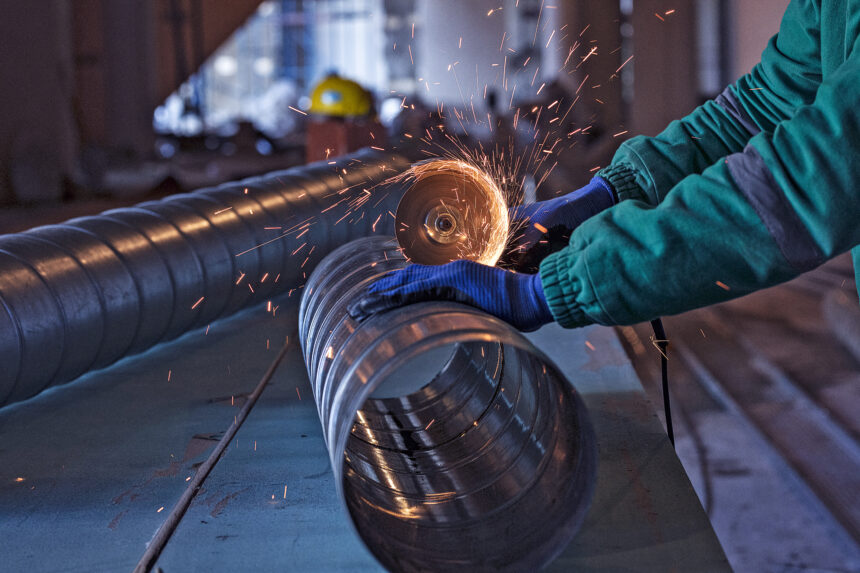Insurance plays a vital role in safeguarding businesses against unexpected risks and liabilities. For manufacturing businesses in South Africa, it is essential to have a comprehensive insurance strategy that addresses the unique challenges and exposures they face. This article aims to shed light on the specific insurance needs of manufacturing businesses in South Africa and the key considerations they should keep in mind.
- Property Insurance: Manufacturing businesses typically have substantial investments in buildings, machinery, equipment, and raw materials. Adequate property insurance coverage is crucial to protect these assets against perils such as fire, theft, vandalism, natural disasters, and accidents. Business owners should ensure that their policies cover replacement costs, business interruption, and contingent liabilities.
- Product Liability Insurance: Manufacturing businesses are responsible for producing and distributing products to the market. In the event that a product causes injury or property damage, product liability insurance provides coverage against claims and legal expenses. This type of insurance is particularly important for manufacturers dealing with consumer goods, machinery, or equipment that could potentially pose risks.
- Business Interruption Insurance: Disruptions in the manufacturing process can lead to significant financial losses. Business interruption insurance helps cover the loss of income and ongoing expenses during the downtime caused by unforeseen events like equipment breakdown, natural disasters, or supply chain disruptions. It is crucial to carefully assess the potential financial impact of interruptions and ensure appropriate coverage limits are in place.
- Workers’ Compensation Insurance: The manufacturing industry often involves high-risk activities and heavy machinery, increasing the likelihood of workplace accidents and injuries. Workers’ compensation insurance is mandatory in South Africa and provides coverage for medical expenses, lost wages, and rehabilitation for injured employees. It is essential for manufacturing businesses to comply with the legal requirements and protect their employees.
- Equipment Breakdown Insurance: Manufacturing businesses heavily rely on complex machinery and equipment. Equipment breakdown insurance covers the cost of repair or replacement if machinery breaks down due to mechanical or electrical failures. It also covers business interruption losses resulting from equipment breakdowns, ensuring minimal disruption to operations and reducing financial losses.
- Cyber Insurance: With the increasing digitization of manufacturing processes, the risk of cyber threats and data breaches is a growing concern. Cyber insurance helps protect businesses against financial losses, legal liabilities, and reputational damage caused by cyberattacks. Manufacturers should consider this coverage to mitigate the risks associated with data breaches, ransomware attacks, and operational disruptions.
- Commercial Auto Insurance: Manufacturing businesses often rely on a fleet of vehicles for transportation and logistics. Commercial auto insurance provides coverage for accidents, damages, and third-party liabilities involving company vehicles. Whether it’s transporting goods, making deliveries, or operating machinery on construction sites, having appropriate auto insurance coverage is essential.
- Product Recall Insurance: Product recalls can occur due to manufacturing defects, contamination, or safety concerns, leading to substantial financial losses and reputational damage. Product recall insurance helps cover the costs associated with recalling products from the market, including transportation, storage, disposal, and communication expenses. This coverage can be critical in protecting the financial stability and brand reputation of manufacturing businesses.
In conclusion, manufacturing businesses in South Africa face unique risks and require comprehensive insurance solutions tailored to their specific needs. From property insurance to product liability coverage, business interruption insurance to cyber insurance, understanding and addressing these risks is crucial for protecting assets, minimizing financial losses, and ensuring business continuity. Consulting with experienced insurance professionals and regularly reviewing insurance policies will help manufacturers stay adequately protected in an ever-evolving business landscape.










